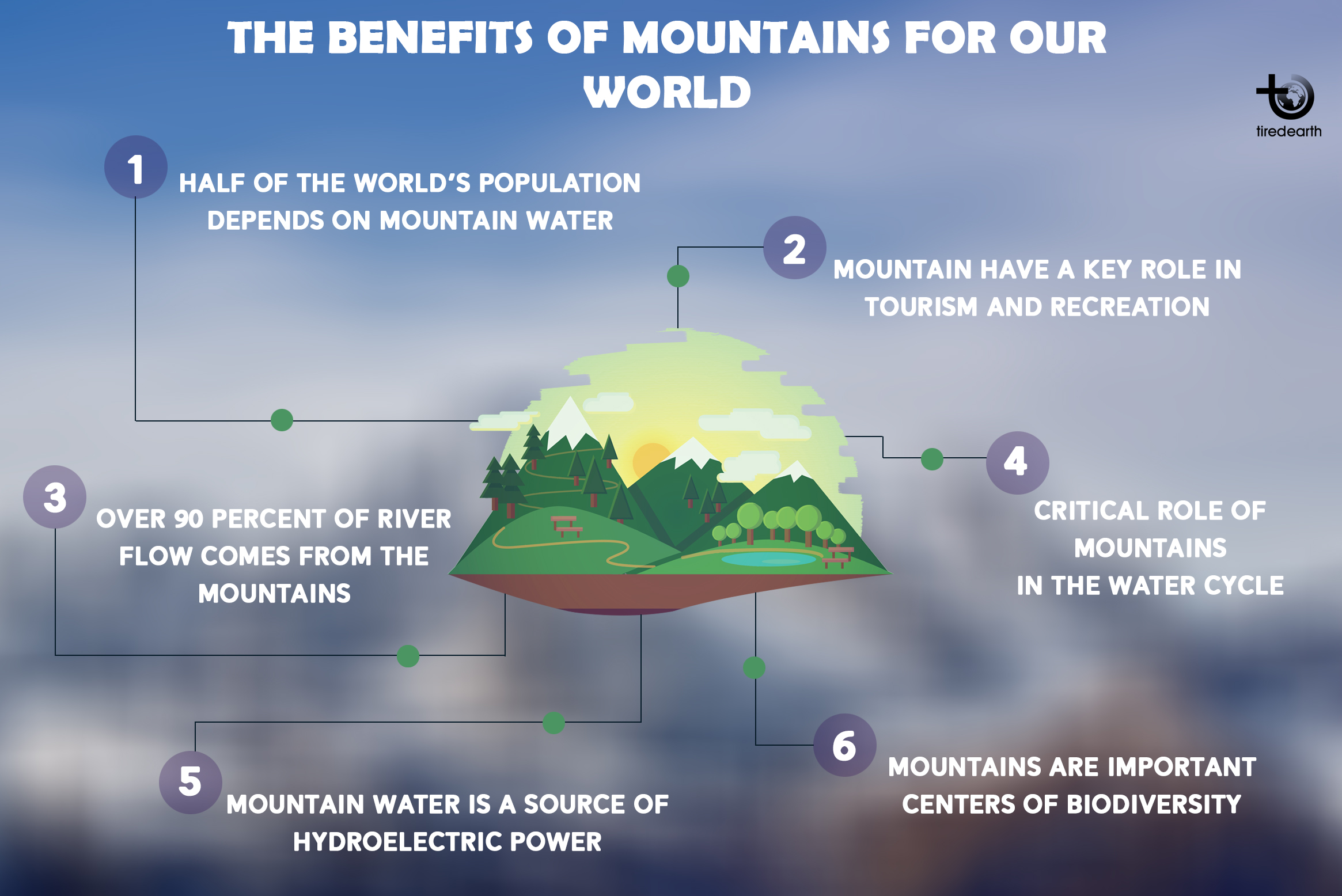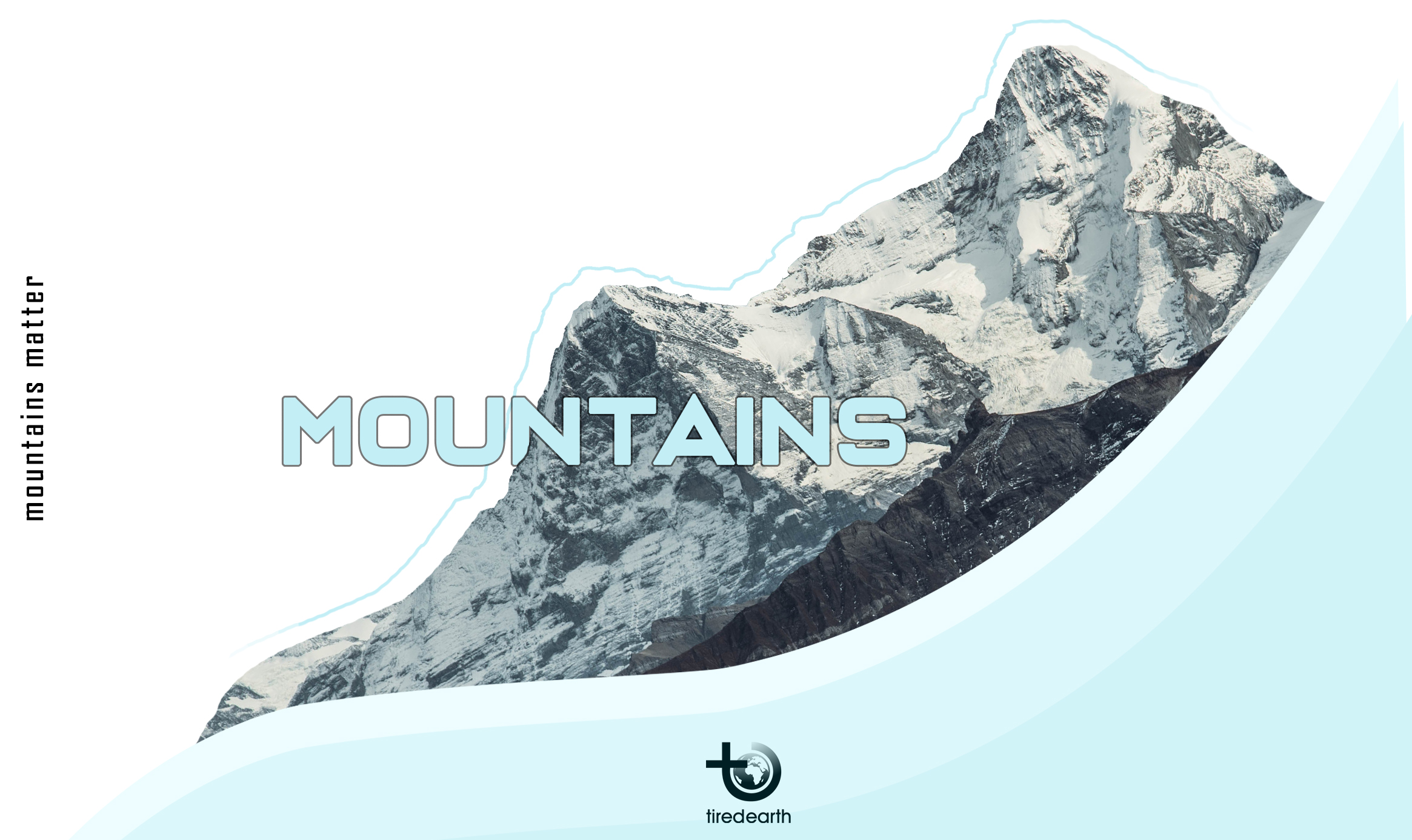Mountains people & climate change & migration
Climate change is a big issue for the mountains as temperature is rising. It cause so many difficulties for mountain people who are arguably the poorest and hungriest people in the world. The rising temperatures also mean that mountain glaciers are melting at unprecedented rates, affecting freshwater supplies downstream for millions of people. However, Mountain communities have some valuable knowledge and strategies accumulated over generations, on how to adapt to climate variability.
Climate change combined with political, economic and social marginalization, increase the vulnerability of mountain peoples to food shortages and extreme poverty. Currently, about 39 percent of the mountain population in developing countries, or 329 million people, is estimated to be vulnerable to food insecurity.
Migration is another issue related to the mountains. As mountain populations grows, migration increases both abroad and to urban centres. Those who remain are usually women, left to manage the farms but with little access to credit, training and land tenure rights. Out-migration from mountain areas will also result in an immeasurable loss in terms of provision of ecosystem services and preservation of cultural and agro biodiversity. Investments and policies can relieve the harsh living conditions of mountain communities and reverse out-migration trends from mountain areas.
Threats to the mountains
Farming mountainous regions
Increasing of population force people to farm unproductive regions. Almost half of Africa’s mountainous regions are now used for cultivation —10 percent for crops and 34 percent for grazing. Most of the time this farming brings only small benefits, since these highlands are not ideal for growing crops. And overgrazing by cattle easily destroys the fragile vegetation. A recent study shows that only 3 percent of all mountain land is suitable for sustainable agriculture.
Effects of War
Many mountain environments have been destructed by increasing of civil wars. Rebels use mountain sanctuaries as the base of their exploitation. A United Nations report calculates that 67 percent of Africa’s mountainous regions have been affected by “violent human conflict.” moreover, some highlands have become centers of drug production, which often leads to armed conflicts as well as degradation of the environment.
Development Projects
Building roads, mining, dams and other development projects planned for the next 30 years are threating 25 percent of mountainous regions in the world. The construction of roads can cause erosion on steep slopes, and the roads provide access for loggers, who may do much more damage. Mining operations extract about ten thousand million tons of ore every year which much of it from mountains.
The value of mountains for the future
The values of mountains are undeniable. They influence regional climates and weather conditions. They cover almost 22% of the earth's surface and are home to 720 million people around the world. Billions more living downstream also benefit from mountains indirectly.
Mountains provide us with freshwater, energy, food, biodiversity, and medicinal products – resources that may become very rare in the coming decades. They are also very prone to climate changes, land degradation, deforestation and natural disasters. In addition, mountain people very often face marginalization, poverty, and the lack of basic services such as health and education.
As we mentioned before, there are many dangers that threat the mountains. They are so important to our planet and we need to protect them in whatever costs. We need to tell the world that the current neglect of mountains and mountain peoples must stop. Mountains provide many resources for us. Our challenge is to identify new and sustainable opportunities that can bring benefits to both highland and lowland communities and help to remove poverty without contributing to the degradation of fragile mountain ecosystems.

















Alice Hooffmans
2024-11-30
International Mountain Day is celebrated annually on 11 December to to create awareness about the importance of mountains to life, to highlight the opportunities and constraints in mountain development, and to build alliances that will bring positive change to mountain peoples and environments around the world.